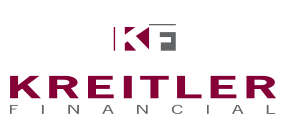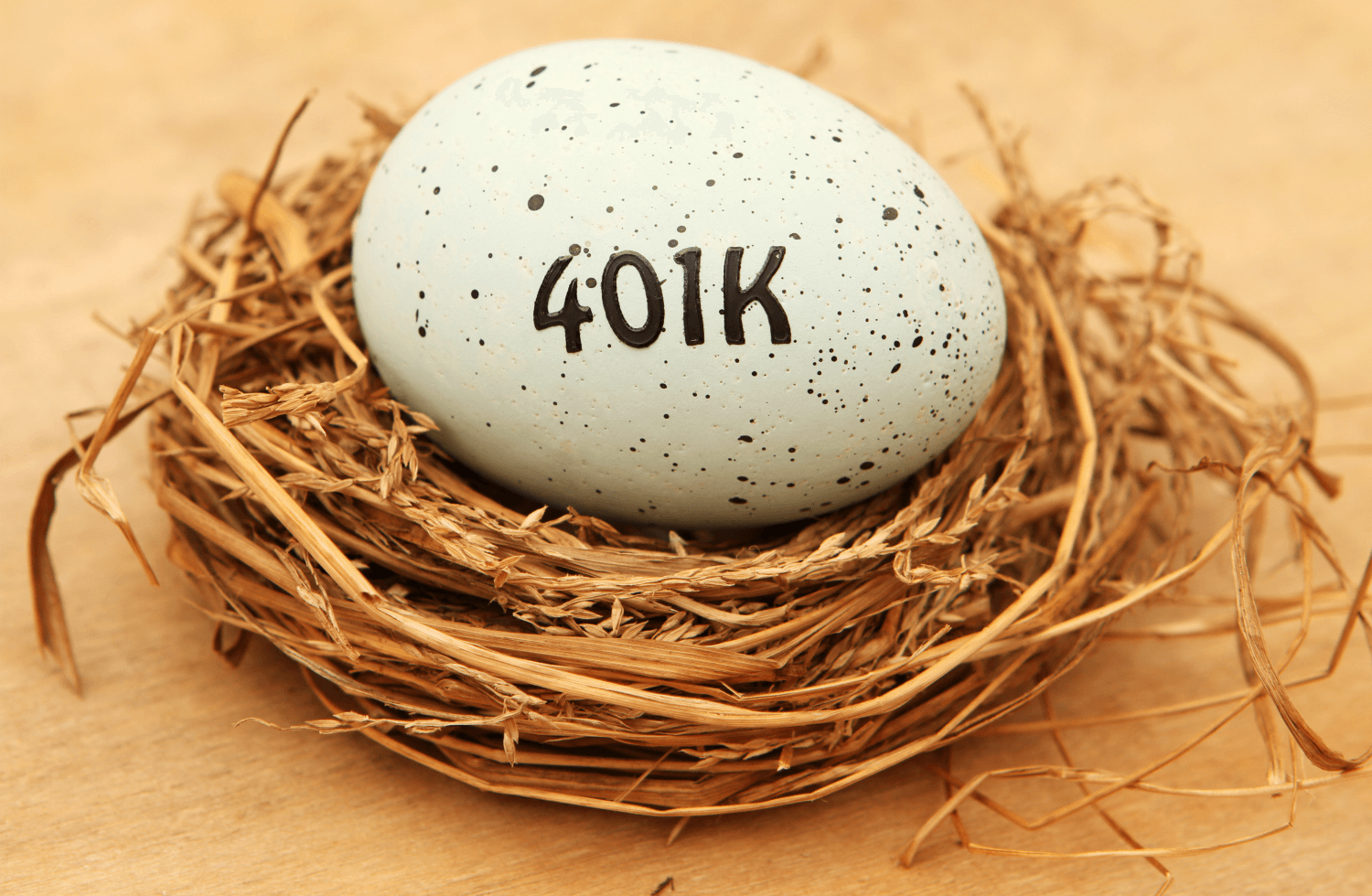Most people have to work to provide an acceptable quality of life for themselves and their families. However, you cannot continue to work forever and at some point you will need to start getting ready for retirement. Many employers can help you get started with a 401(k) plan.
What is a 401(k) plan?
Employers can offer their employees a 401(k) plan which is a retirement savings plan that provides workers tax advantages. The name of this type of retirement savings plan refers to section 401(k) of the U.S. Internal Revenue Code (IRC).
How does a 401(k) plan work?
With a 401(k) retirement savings plan an employee will have an amount of each paycheck directly deposited into a tax-advantaged investment account. The employer may then match the employee’s contribution to the account.
The worker can choose from various options of how the contributed funds are invested. Most available options will be mutual funds.
There are two types of 401(k) plans: traditional and Roth. Each type has different tax advantages.
Traditional 401(k) plan
Employee contributions to a traditional 401(k) plan are deposited into the investment account prior to paying income tax. This means that the contributed amount is deducted from the employee’s gross income. Taxable income reported by the employee for the year is reduced as a result. The employee will not have to pay any taxes on contributed funds until withdrawal of the funds which usually occurs during retirement.
Roth 401(k) plan
In contrast with traditional 401(k) plans, contributions to a Roth 401(k) plan cannot be deducted from an employee’s taxable income. On the other hand, this means that the employee will not have to pay taxes upon making withdrawals from a Roth 401(k) plan. However, not all employers will offer a Roth 401(k) plan option.
Contribution limits
There are rules on how much individuals are allowed to contribute to a 401(k) plan that you may want to be aware of. For those under the age of 50 the maximum you are allowed to contribute to 401(k) plans is $20,500 for the 2022 tax year. This limit increases to $22,500 in 2023.
Employees that are over the age of 50 are allowed to make an additional $6,500 in catch-up contributions for the year 2022. For the year 2023 the additional catch-up contribution limit will be $7,500.
Maximizing 401(k) retirement plans
Whether you use a traditional 401(k) plan or a Roth 401(k) plan and how much you contribute to each will depend on your personal financial profile. In some cases it would make sense to use one or the other while in other instances it would make sense to use a combination of both. Having a conversation with a financial advisor can help you integrate 401(k) plans into your wealth strategy in an effective manner.

